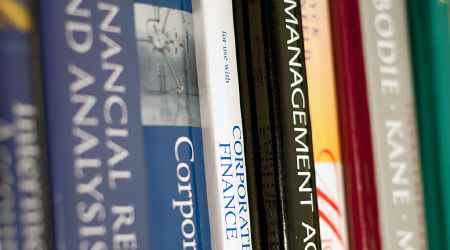Court Backs Student In Textbook Case

On Tuesday, the Supreme Court ruled 6-3 in favor of a student who imported text books into the U.S. and then resold them on eBay and Craigslist. The idea Thai graduate student Supap Kirtsaeng had was for relatives in Thailand to legally purchase textbooks and then send them to him to sell for a substantial profit. The plan worked to the tune of $100,000 profit and publisher John Wiley & Sons filed a copyright infringement lawsuit to stop the business.
Wiley & Sons argued that this action violated copyright law since they had not given permission to import and sell the textbooks domestically. Their contention was that they had a legal right to use geographic boundaries when establishing prices. Supap Kirtsaeng argued that the First Sale doctrine applied and that since the textbooks were purchased legally he was allowed to resell them.
The Supreme Court ruling overturned a lower court award of $600,000 against Kirtsaeng where he was found to have infringed Wiley's copyright claim. In the majority opinion, Justice Stephen Breyer said that once goods are sold, regardless of geographic location, publishers and manufacturers no longer have the protection of U.S. copyright law.
Justice Ruth Bader Ginsburg said in the dissent that the court was ignoring Congress' intent of protecting "copyright owners against the unauthorized importation of low-priced, foreign-made copies of their copyrighted works." Justices Anthony Kennedy and Antonin Scalia were the other two dissenting opinions.
A ruling in favor of Wiley & Sons would have had serious repercussions for retailers like CostCo and eBay which import many products from abroad for resale. Foreign products were imported at a value of $2.3 trillion in 2011. Many of these goods were purchased abroad before they were imported to be resold.
Elsewhere on StockMonkeys.com







